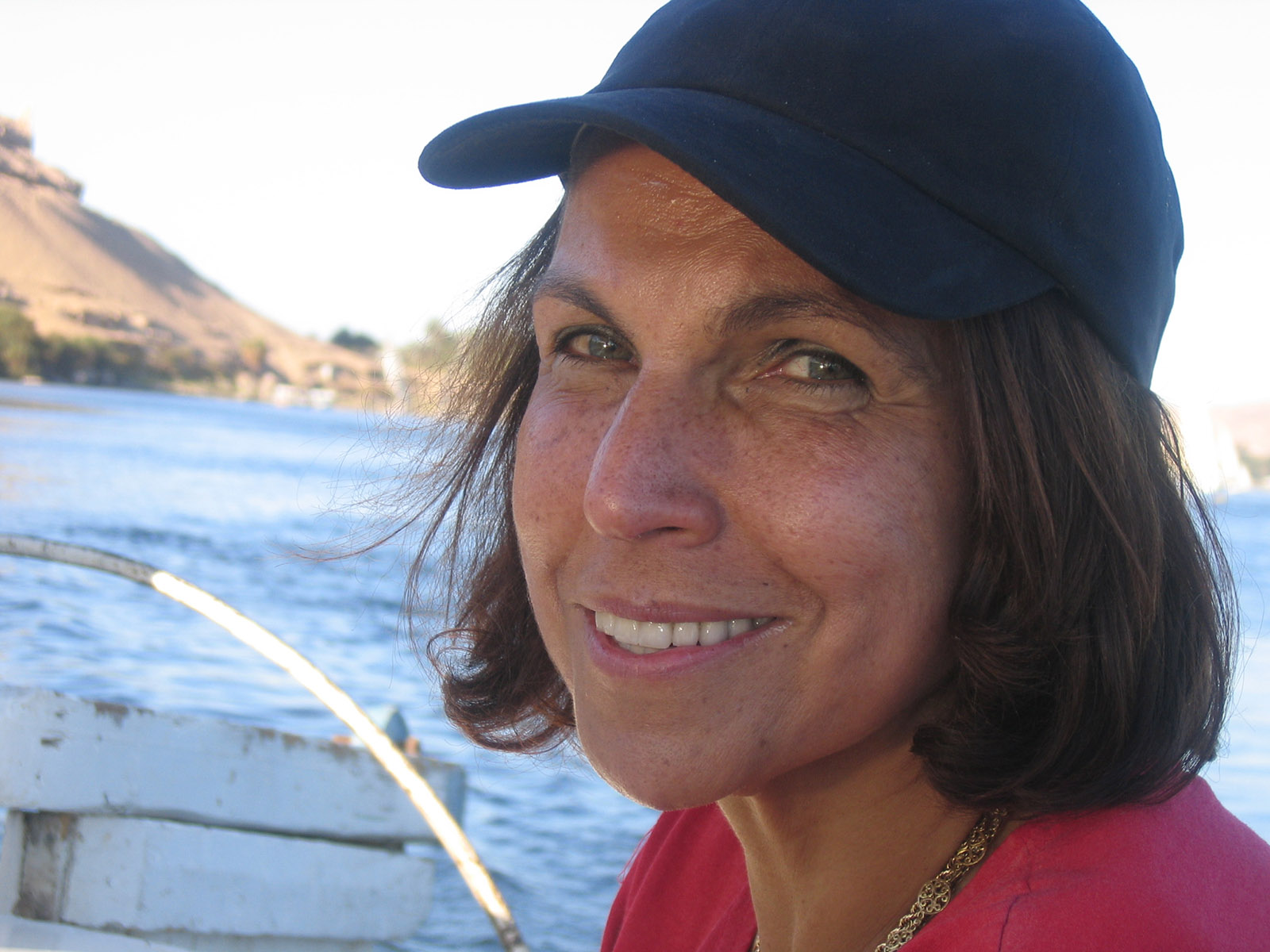Longtime physics and astronomy professor Maha Ashour-Abdalla dies at 72

Maha Ashour-Abdalla taught physics at UCLA for 31 years and made several contributions in the field of space plasma physics through her research. (Courtesy of Mostafa El Alaoui)
By Kuhelika Ghosh
May 10, 2016 12:30 a.m.
Maha Ashour-Abdalla worked hard for every presentation she gave, whether it was to top scientists or her undergraduate physics class, said David Schriver, a physics professor and one of Ashour-Abdalla’s first graduate students.
“She motivated me to change my own approach to teaching, and I will miss her joy, spirit and compassion,” Schriver said.
Ashour-Abdalla, a UCLA physics professor, died of liver cancer May 1 at the age of 72.
Ashour-Abdalla taught physics at UCLA for 31 years and made several contributions in the field of space plasma physics through her research, Schriver said. Her friends described her as a dynamic teacher, a dedicated worker and a steadfast friend.
Born in Alexandria, Egypt, Ashour-Abdalla completed her bachelor’s degree at Alexandria University in 1964. Ashour-Abdalla was one of the leading founders of the UCLA Space Plasma Simulation Group, or SPSG, in 1989. She was the principal investigator for a number of NASA and National Science Foundation grants.
Jean Berchem, a researcher in the UCLA Department of Physics and Astronomy, said Ashour-Abdalla was his colleague and friend for more than 36 years. He said Ashour-Abdalla realized that numerical simulations used in fission research could be used to study space plasma.
“She had a flair for knowing what would be important in the future,” Berchem said. “Fifteen years ago, we started to do computer simulation at UCLA before anyone else.”
Berchem added he remembers feeling lost the first day he came to UCLA because he was miles away from his home in France and his English was poor. Ashour-Abdalla took him out to dinner to make him feel welcome in an unfamiliar city.
Schriver said Ashour-Abdalla was appointed principal investigator of an interdisciplinary scientist grant for NASA’s Magnetospheric Multiscale, or MMS, mission, in 2015. The program aims to launch spacecrafts to study the physics of magnetic reconnection.
He added the spacecraft would not have launched without Ashour-Abdalla’s foresight and efforts, and NASA may name the next phase of the MMS mission in her honor.
Bruce Worrilow, Ashour-Abdalla’s friend, said he worked with her for over a decade at the UCLA Center for Digital Innovation, or CDI, which she founded. At the center, Ashour-Abdalla started online courses in chemistry and physics.
Worrilow said she taught him to be tough.
“She was a real force of nature,” Worrilow said. “I considered mortality to be something she was too tough to succumb to.”
He added Ashour-Abdalla’s compassion extended to her students. He added she spent many late nights at UCLA tutoring students tirelessly because she believed everyone had untapped academic potential.
Schriver said he and Ashour-Abdalla would usually work late, and she would take time to tutor one of the janitor’s daughters, who was in high school at the time.
Vahe Peroomian, an adjunct professor in the physics and astronomy department and Ashour-Abdalla’s student and friend, said Ashour-Abdalla initiated the International School for Space Simulations, or ISSS, in 1982, with colleagues from Japan and France, to share her passion for space plasma research with students.
Peroomian said she always took her classes to field trips. When he was her student, she took the class to attend an ISSS conference in the south of France. The conference enabled students from different countries to contribute their ideas to space plasma research, he added.
“It was entirely due to her efforts of organization,” Peroomian said. “She had a ‘nothing is impossible’ kind of attitude.”
Worrilow said her determination for excellence inspired him.
A few years ago, Ashour-Abdalla decided to run a marathon, Worrilow said. She kept training, even though she wasn’t athletic. Worrilow said they ran the race together, and she crossed the finish line, panting but determined to succeed.
“She was always immersed in academia, so achieving this goal was a big thing for her,” Worrilow said.
Mostafa El Alaoui, a UCLA physics professor, said she was his best friend. He added he will miss her every day.
“Everyday, I would go out with her for a long walk, drink tea and talk about life,” El Alaoui said. “That friendship will never be replaced.”

